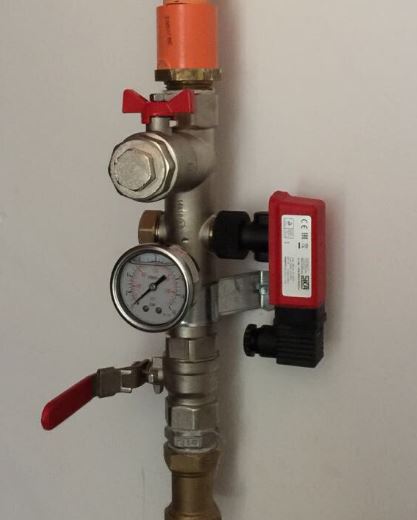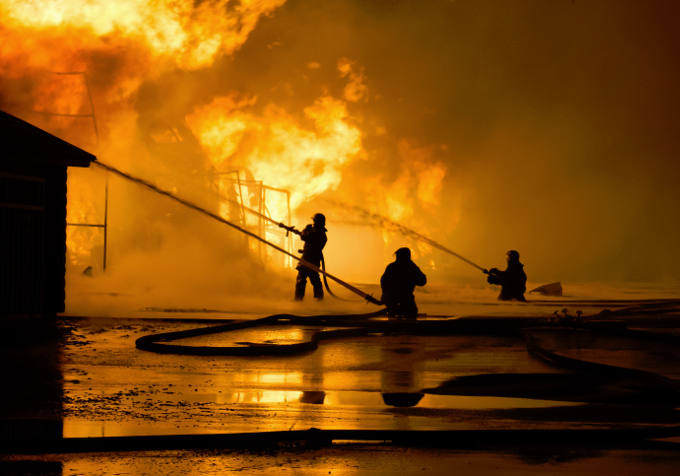
We’d like to bust some of the myths circulating about fire sprinkler systems and furnish you with the cold hard facts. Put purely and simply, fire sprinkler systems save lives. In fact, if there’s a reported fire in your home, you have an 80 per cent less chance of dying when there are sprinklers present. We’ve put together a 2-part blog to debunk some of the popular myths being held about the efficacy of fire sprinkler systems. Here are the first 5:
5 fire sprinkler myths busted
1 – Myth: When there’s a fire, all fire sprinklers in the home will activate and cause more damage to the property.
Fact: Probably a rumour spread by Hollywood films, it’s actually a myth that all fire sprinklers in the building are set off in the event of a fire. Only the sprinkler closest to the fire will activate, spraying water directly onto the fire. Fire sprinklers are activated by heat from a fire, not by smoke, so only those closest to the fire react. In the vast majority of fires and incidents, the problem is dealt with by one or two sprinklers.
2 – Myth: Water from sprinklers reduces flames, but the fire still needs to be extinguished by the hoses of fire fighters.
Fact: According to BAFSA (the British Automatic Fire Sprinkler Association), 99 per cent of fires in buildings fully protected by sprinklers are controlled by sprinklers alone.
3 – Myth: Water damage from fire sprinklers results in a significant loss of property.
Fact: Water damage is much less from a building sprinkler system than the severe damage caused if the fire is allowed to spread. The Fire Service uses 10,000 times more water from hoses to put out the same fire as a sprinkler system would. Water damage from fire sprinklers is much less than the damage caused by water from fire-fighting hoses. Those in homes with sprinklers are protected against significant property loss in the event of a fire.
4 – Myth: A smoke alarm provides enough protection.
Fact: It’s a misconception that smoke alarms provide enough protection from fire and many people believe there’s no need to install fire sprinklers. Smoke alarms alert occupants to the presence of danger, but even the most sophisticated fire alarm systems do nothing to extinguish the fire, or reduce heat and flames (as a fire sprinkler would) to allow residents time to get out of the building safely. A fire sprinkler system will not only detect a fire, it will keep it under control or eliminate it altogether.
5 – Myth: Any time a smoke alarm goes off the sprinkler will also activate.
Fact: Sprinkler systems are activated by heat. If a smoke alarm goes off because of burnt toast in the kitchen, for example, the sprinkler system won’t be triggered. Only sprinkler heads close to the source of the significant heat of a fire are activated.
Filed under: Advice and Information
